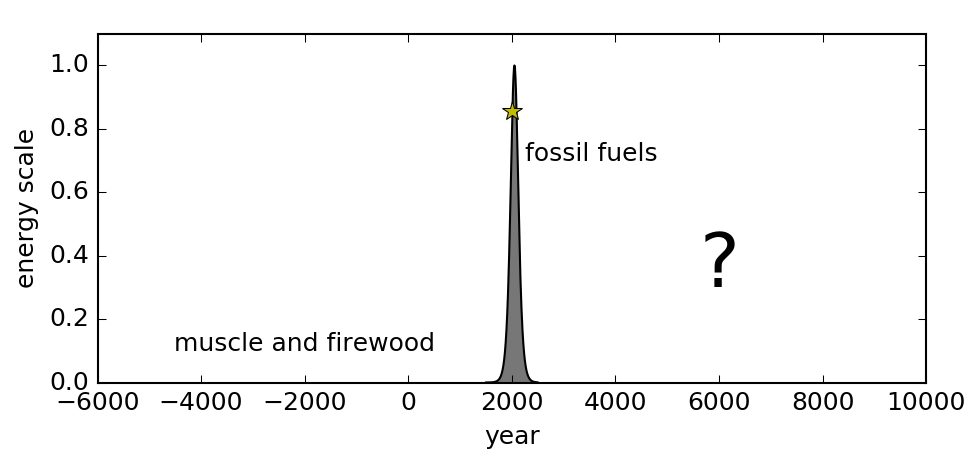
As a consequence of my dismissing human space futures as fantasy, I was contacted by an academic astrophysicist counterpart pushing back on my position—which is perfectly reasonable. But the nature of the conversation offered too many revealing insights for me to set it aside. I share the dialog here as a case study representing two extrema on the space question, quickly exposing foundational disconnects of staggering proportions in terms of how the universe works and what we might expect of the future.
The identity of my interlocutor is not revealed, here. Suffice it to say that they are an astrophysicist in a research/professorial position having an impressive list of publications to their name as well as a few books—often touching on the topic of space futures. In other words, the opinions you are about to see are from a serious professional engaged in the subject at hand—more so than I am, in fact.
Not every sentence from the thread is reproduced below (cut about 10% of material less germane to the issue), but whole sections are left intact with no editing or modified emphasis. For each of the four rounds in the exchange, I include the original verbiage, then elaborate a few points before moving to the next round. Each starts with Not Me (NM) followed by the response from me (TM).
A recurrent emerging phenomenon is one of apparent symmetry, in a number of facets. For example, a top-level assessment is that each appears to think the other’s position is bonkers, and I’m ineligible to judge.
Continue readingViews: 6438









